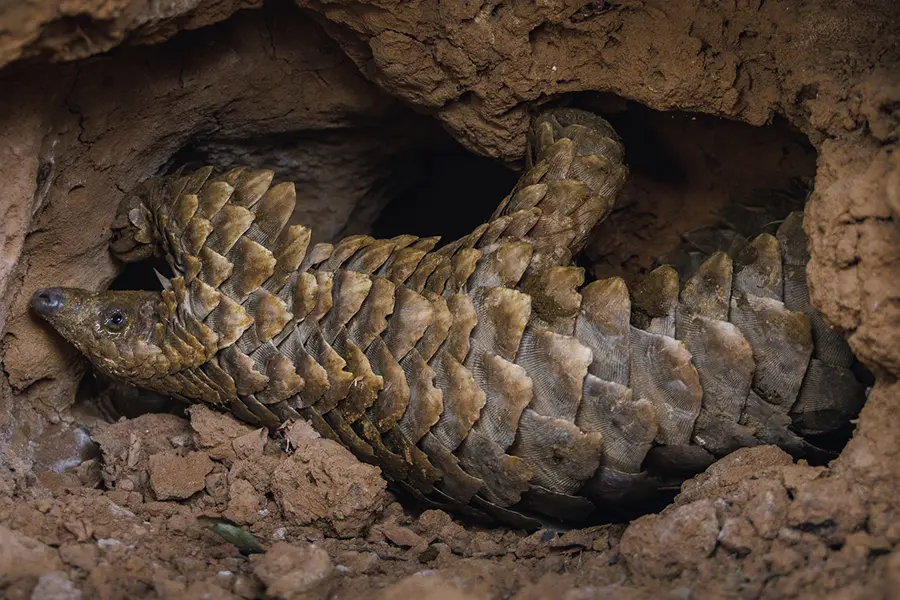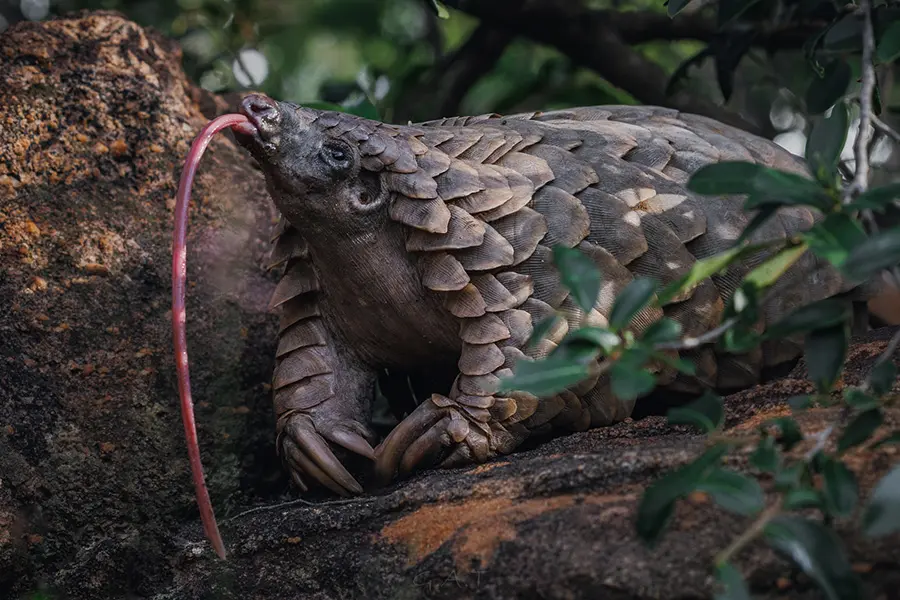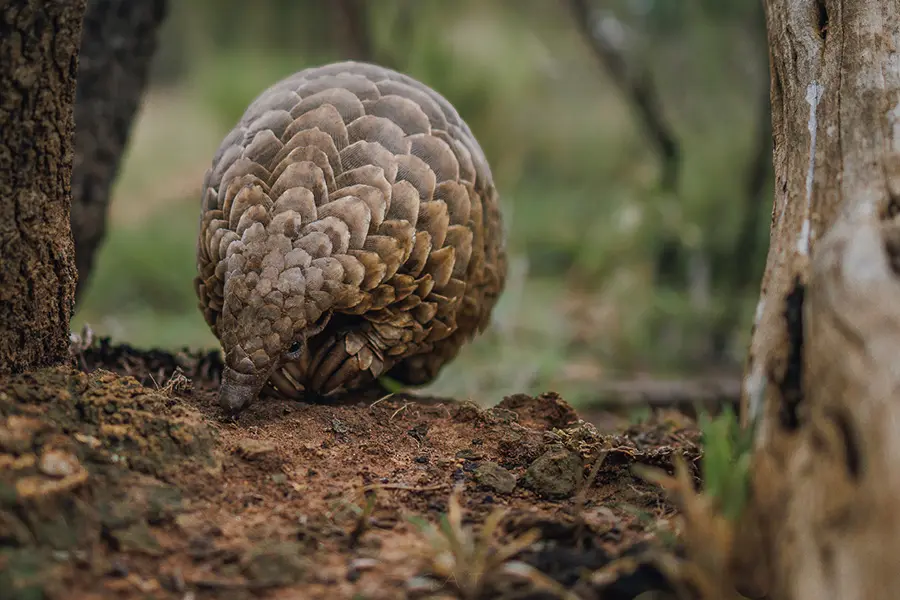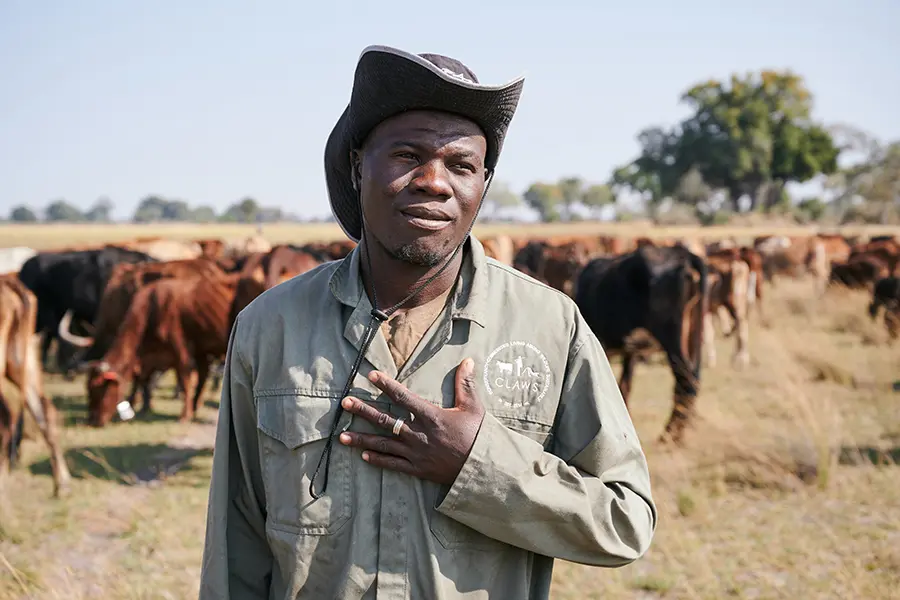Language
- Deutsch
- English
- Español
- Français
- Italiano
- Nederlands
- Português
Currency
- AUD Australian Dollar
- CAD Canadian Dollar
- EUR Euro
- GBP Pound Sterling
- SGD Singapore Dollar
- USD US Dollar
- ZAR Rand

In Cape Town, the ballroom of the One&Only grew hushed as the audience fell silent, gathered to honour one of Africa's most mysterious and misunderstood creatures: the pangolin. Hosted by Go2Africa, The Pangolin Roundtable was more than an event, it was a powerful gathering of conservationists, authors, filmmakers, and wildlife advocates determined to tell the story of the world's most trafficked mammal and inspire others to join the fight for its survival. The evening was inspired by the Netflix documentary Pangolin: Kulu's Journey.
Step inside the Pangolin Roundtable, watch the full event:

At Go2Africa, we are best known for crafting exceptional, personalised safaris across the continent. But our vision goes beyond creating life-changing journeys, we believe travel should be a force for good. Every trip should contribute positively to the places, people, and ecosystems that make Africa unlike anywhere else on earth.
Hosting The Pangolin Roundtable was one way to amplify this vision. For us, storytelling is more than inspiration, it is a catalyst for awareness, empathy, and action.

Pangolins have long remained hidden in the folds of Africa's wilderness – nocturnal, elusive, and cloaked in armour-like scales. Even the most seasoned safari travellers rarely catch a glimpse of them in the wild. And yet, they are vanishing. Their scales are falsely prized in parts of Asia for traditional medicine, their meat coveted as a delicacy. In just the last eight years, over half a million pangolins have been seized from the illegal wildlife trade — a staggering number that represents only a fraction of the true toll.
Without urgent intervention, Africa's pangolins could disappear within our lifetime, a quiet extinction of one of the continent's most extraordinary creatures.
“There's still so much we don't know about pangolins, even their basic behaviour remains a mystery. Scientific research is essential if we're to give them a real chance of survival.” – Daniel Rossouw: Conservation biologist and pangolin researcher for Tswalu Kalahari.

For travellers and wildlife enthusiasts, the most important act of conservation is making sure that our encounters are ethical. Pangolins should never be treated as safari “trophies” to be sought out or staged. Instead:
“There have been times when I've opened a box to find a pangolin so weak it could barely move. And yet, somehow, it seemed to know when it was safe, when it was finally in the hands of someone who would protect it. It would unroll, look up, and trust. You cannot come away from that unchanged.” – Nicci Wright: Co-Chairperson of the African Pangolin Working Group (APWG), wildlife rescuer and rehabilitator.

Beyond shining a light on pangolin conservation, Go2Africa partners with projects across Southern and East Africa that connect communities and conserve landscapes. These initiatives reflect our belief that people and nature thrive together when travel is guided by purpose:
Every Go2Africa safari leaves more than memories. Your adventure helps to support communities and ecosystems thrive together.